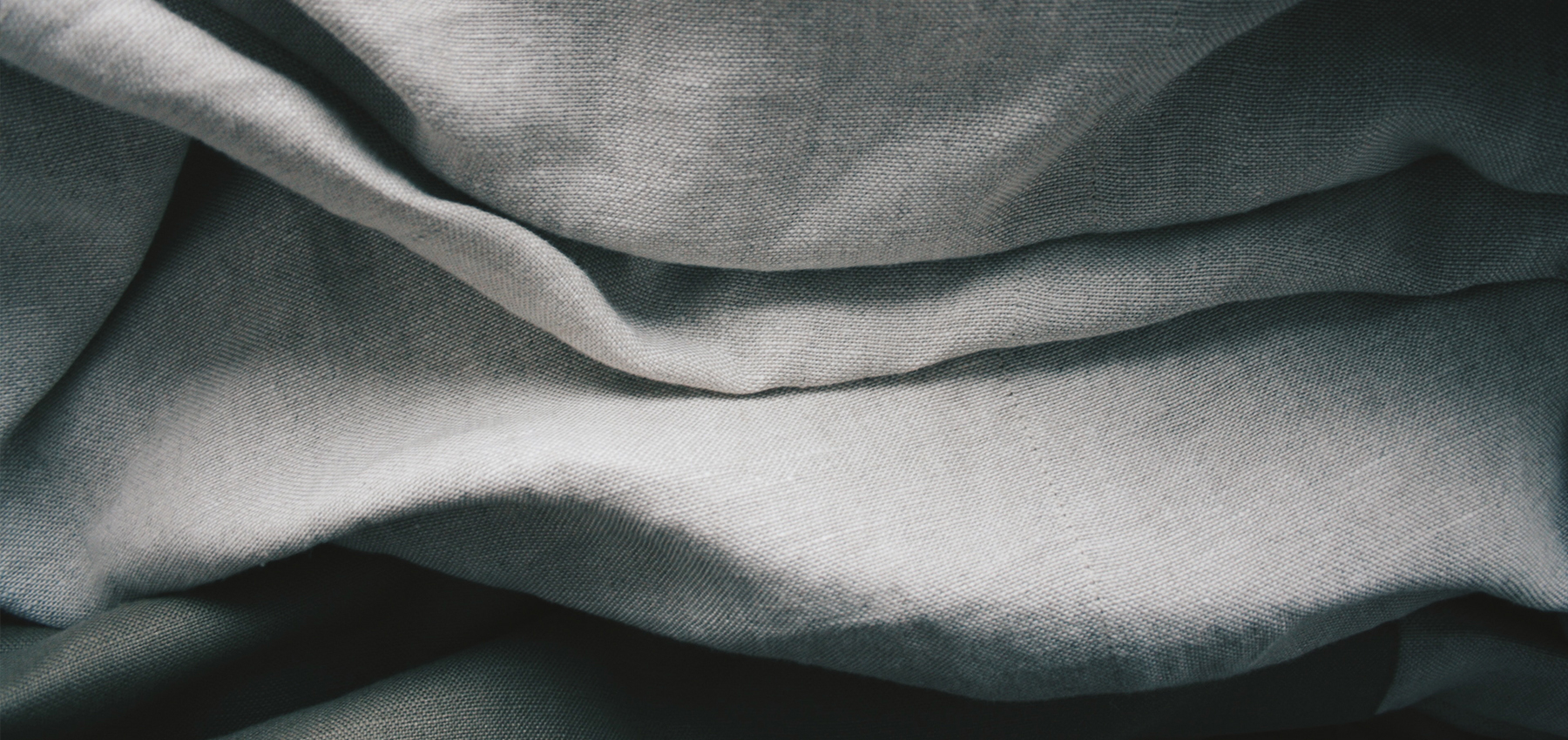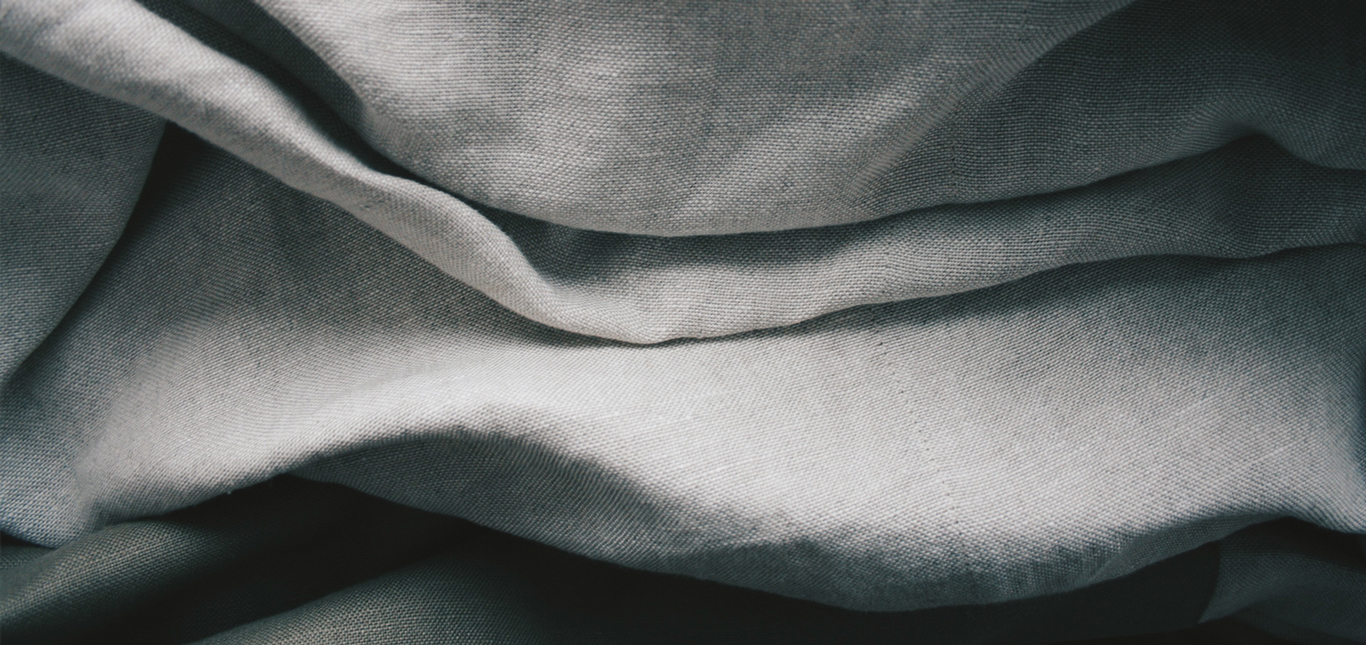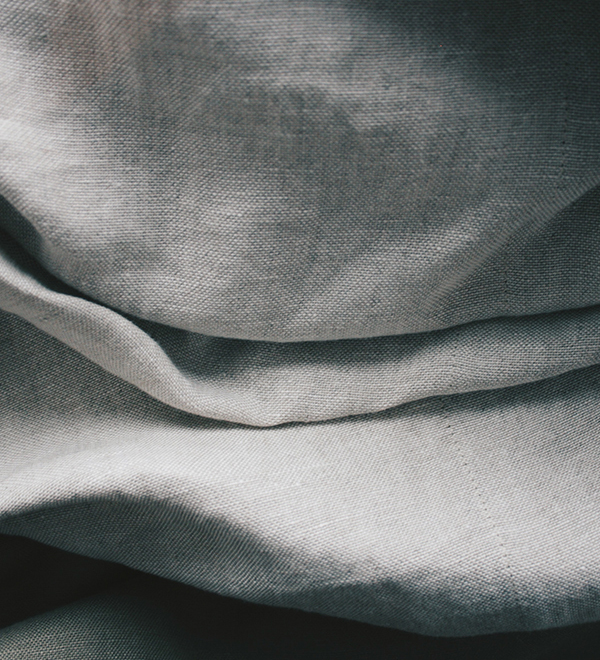SELECTING MATERIALS TO BE USED FOR MAKING A GARMENT IS AN ESSENTIAL PHASE OF THE MASSIMO DUTTI CREATION PROCESS. ALL MASSIMO DUTTI GARMENTS MEET THE MOST STRINGENT HEALTH, SAFETY AND ENVIRONMENTAL SUSTAINABILITY STANDARDS, BUT THOSE ARTICLES IDENTIFIED WITH THE JOIN LIFE ENVIRONMENTAL LABEL ARE CHARACTERISED BY HAVING BEEN MANUFACTURED WITH RAW MATERIALS AND TECHNOLOGIES, GIVING THE PRODUCTS CHARACTERISTICS OF ENVIRONMENTAL EXCELLENCE.
The aim of the brand is to make its products increasingly more sustainable. A Join Life item must include at least one raw material that uses fibres with less environmental impact than conventional fibres, and that are sustainable based on the results of life cycle analyses.
THE MATERIALS
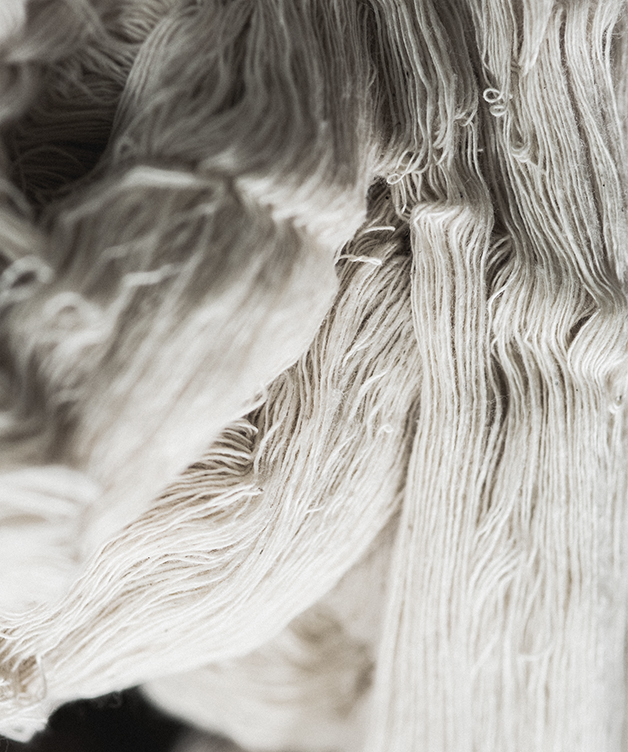
Organic Cotton
Organic cotton is a material that respects the environment, biodiversity in the surroundings and for the people that cultivate it. Organic cotton is grown using natural fertilisers and pesticides, and its seeds are not genetically modified which helps to conserve seed biodiversity and soil fertility.
Its cultivation requires 90% less water and 60% less energy than conventional cotton, as pointed out by the Textile Exchange. Inditex is the fourth largest consumer of organic cotton in the world according to this entity.
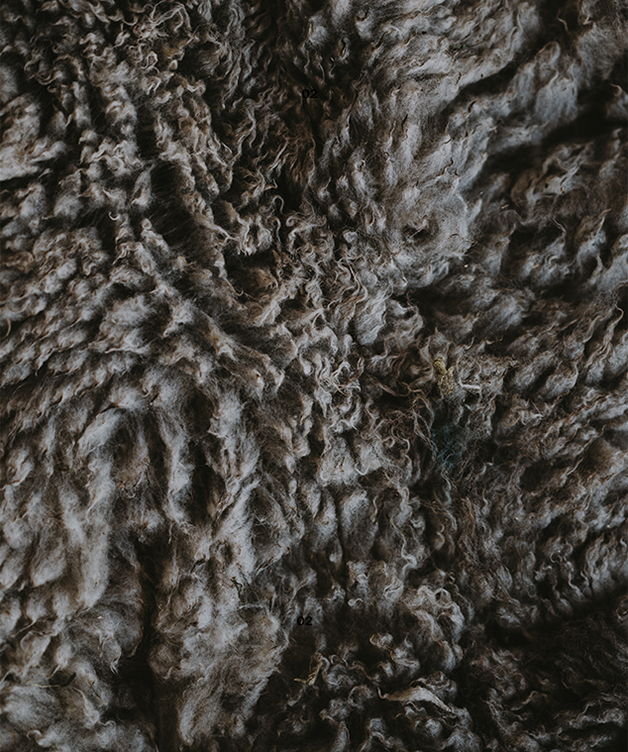
Recycled Materials
The use of recycled materials such as cotton, recycled wool or polyester reduces the extraction of natural resources, favouring environmental conservation by reducing the water and energy consumption associated with obtaining and treating raw textile materials. Furthermore, recycling also reduces the amount of waste that ends up in landfills.
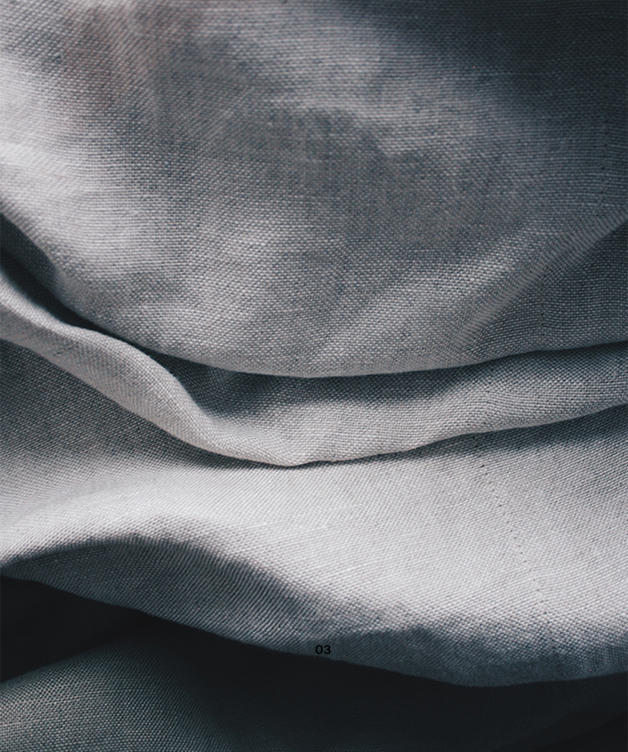
Sustainably-Grown European flax
Sustainable European flax is a natural fibre grown without artificial irrigation or genetically-modified seeds. In addition, its cultivation reduces the use of fertilisers and avoids defoliants, thus preserving soil and rivers.
This process is certified by European Flax® (www.europeanflax.com,) a certification created by CELC [European Flax and Hemp Confederation], a non-profit agro-industrial organisation covering all stages of production and processing of flax and hemp.
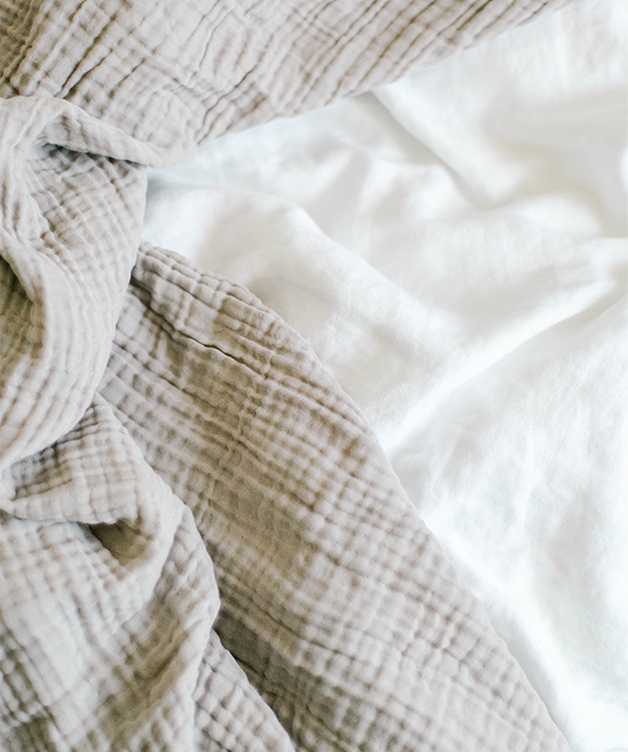
Better Cotton
Cotton is one of the most-used materials; one of our objectives is to increase the amount of cotton from more sustainable sources, as is the case with Better Cotton. Better Cotton is grown by farmers accredited by the Better Cotton Initiative. The Better Cotton Initiative (BCI) is an organisation that trains farmers in the principles of gainful employment, efficient water use and respecting the land and natural habitats.
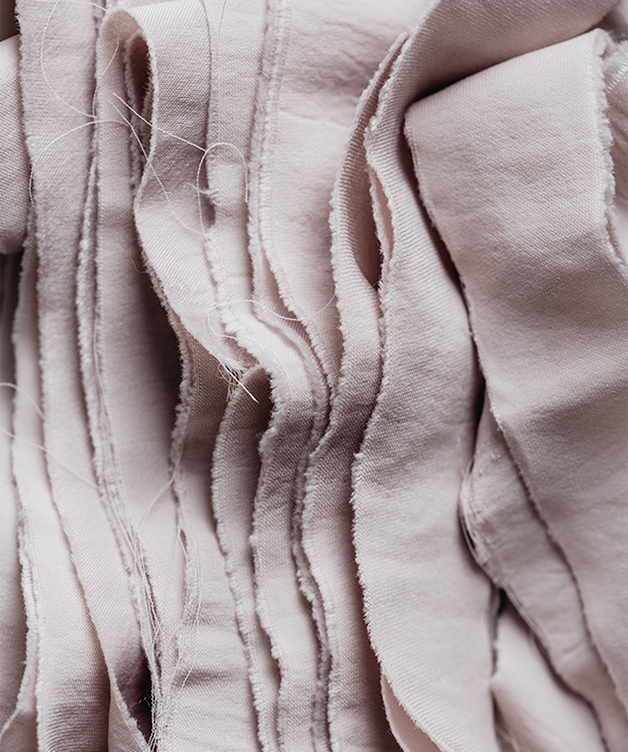
Lenzing ™ ECOVERO ™
Lenzing ™ ECOVERO ™ is an eco-friendly viscose fibre manufactured using renewable sources from certified wood, while following a strict process that complies with high environmental standards. The fibre is EU Ecolabel-certified for environmental excellence, as Lenzing ™ Ecovero ™ generates 50% less emissions and less water use compared to conventional viscose. (According to Higg MSI provided by Sustainable Apparel Coalition)
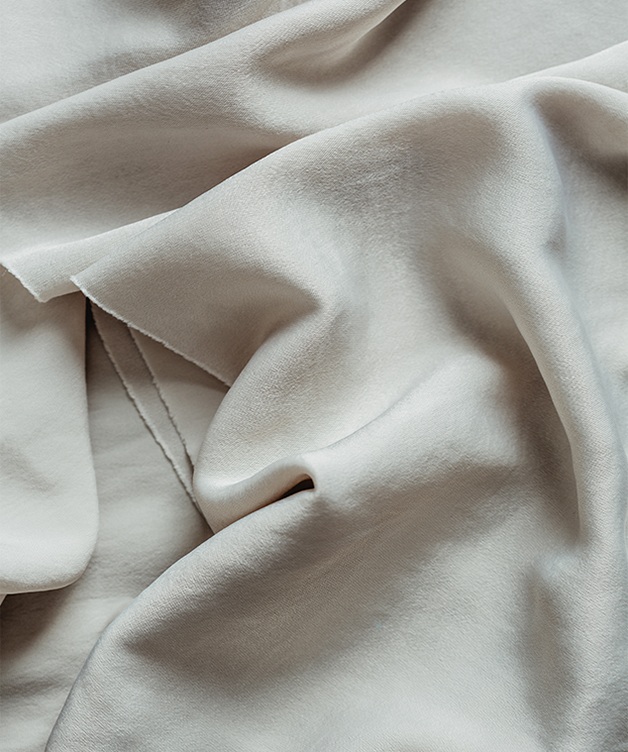
Tencel Lyocell
Tencel® is a fibre created with certified wood originating from sustainably-managed forests and controlled sources, where trees are cultivated in a controlled manner and through programmes that guarantee reforestation.
Furthermore, the fibre production process is carried out in a closed circuit that allows for 100% of the water and 95% of the chemicals employed to be reused.
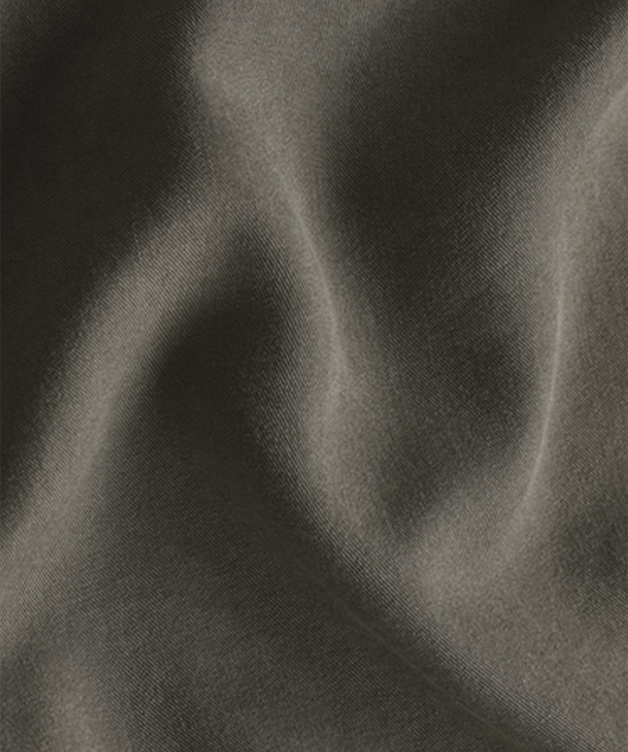
Refibra™ Lyocell
Refibra™ Lyocell is a fibre made from a pulp containing cotton residue from cutting processes and wood. The fibre is manufactured using the TENCEL® production process. Therefore, Refibra™ combines both advantages: cotton waste recycling and sustainable technology for fibre manufacture. Recycling cotton waste into a new fibre reduces the need to extract virgin raw materials, decreasing the impact on natural resources and offering a practical solution to promote the circular economy.
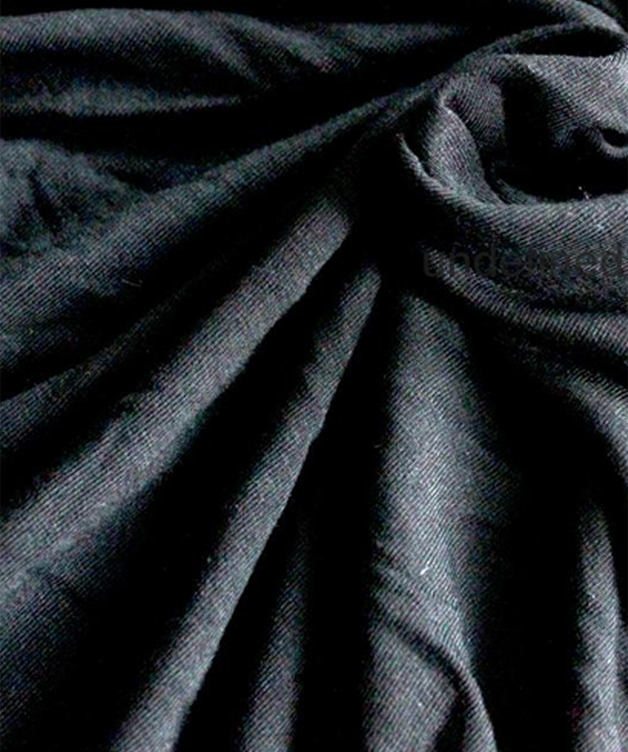
Lenzing Modal®
Lenzing Modal® is a cellulose fibre originating from sustainably managed forests, produced in Austria by Lenzing through a production process that recovers and reuses 95% of the chemicals used.
